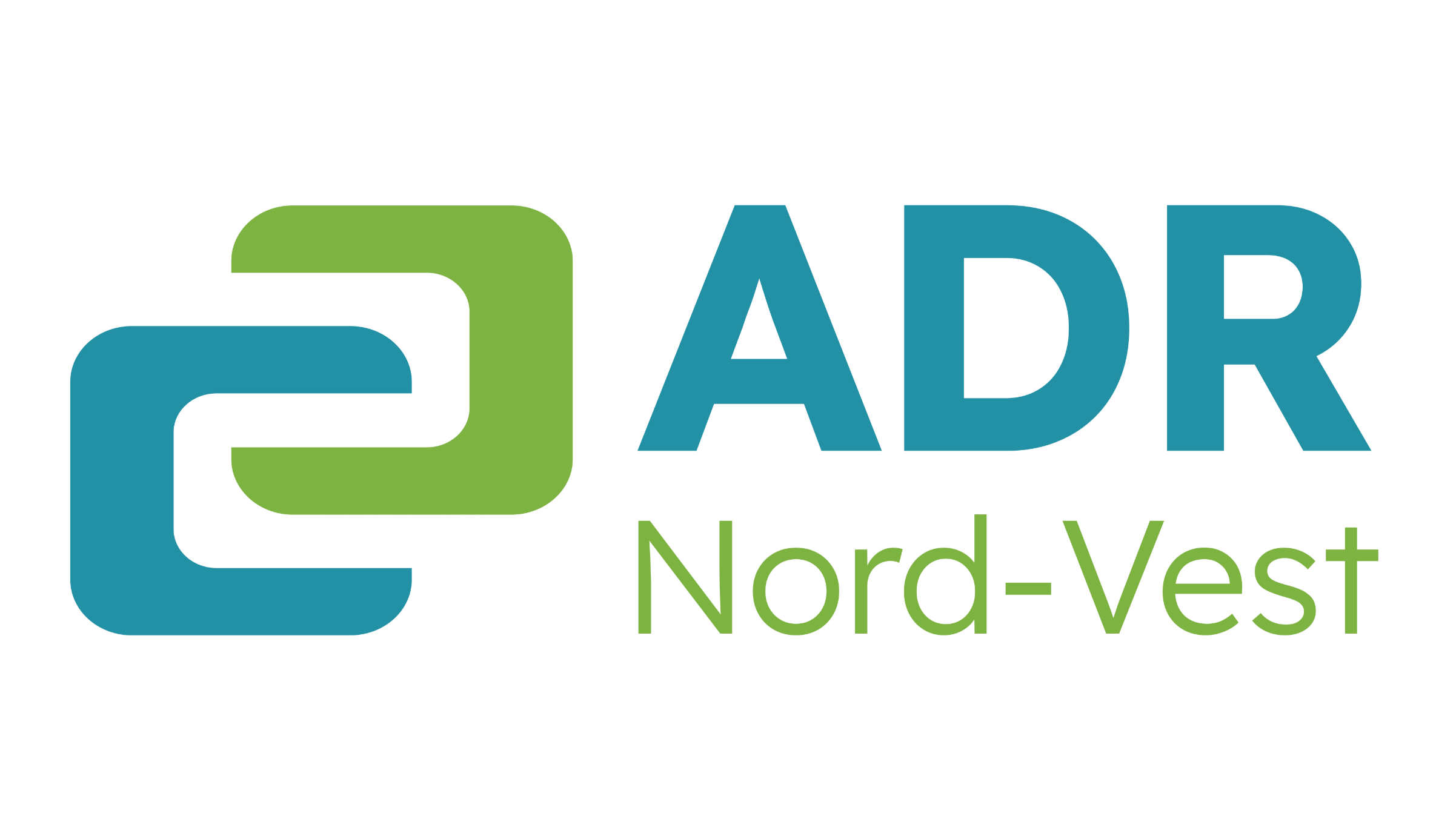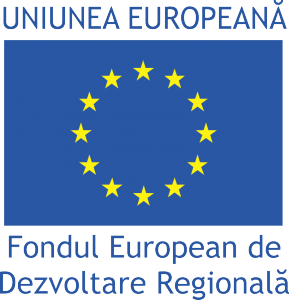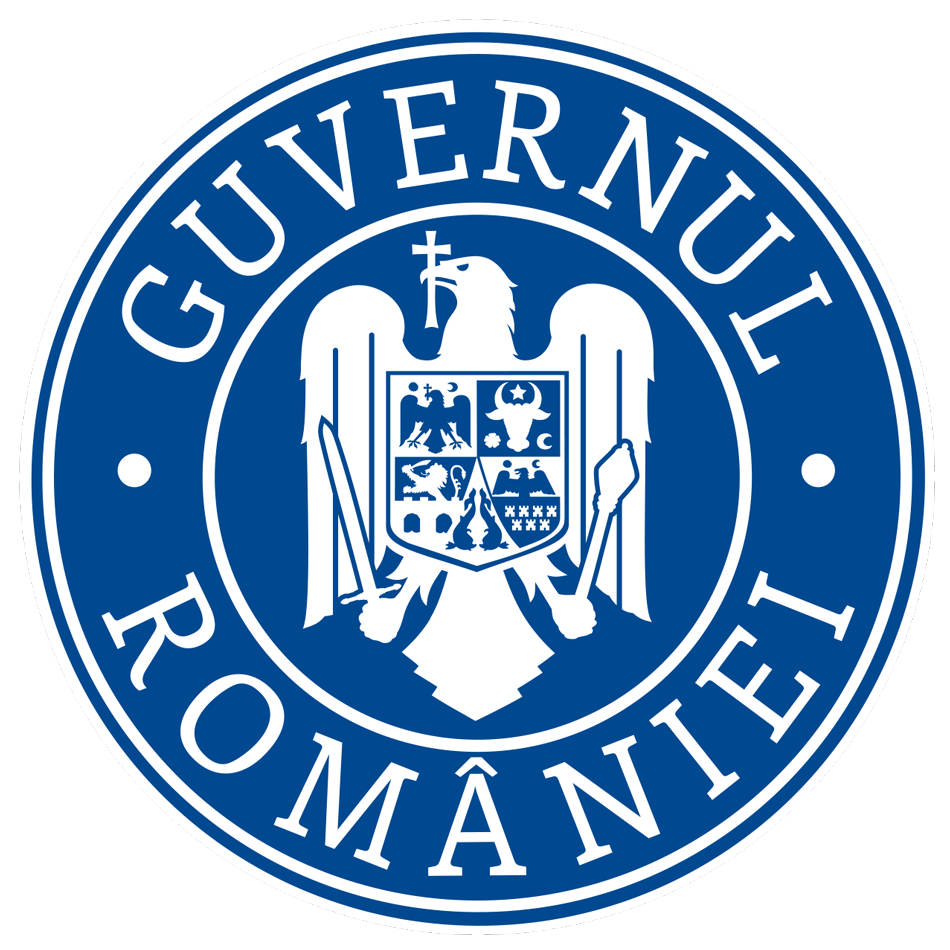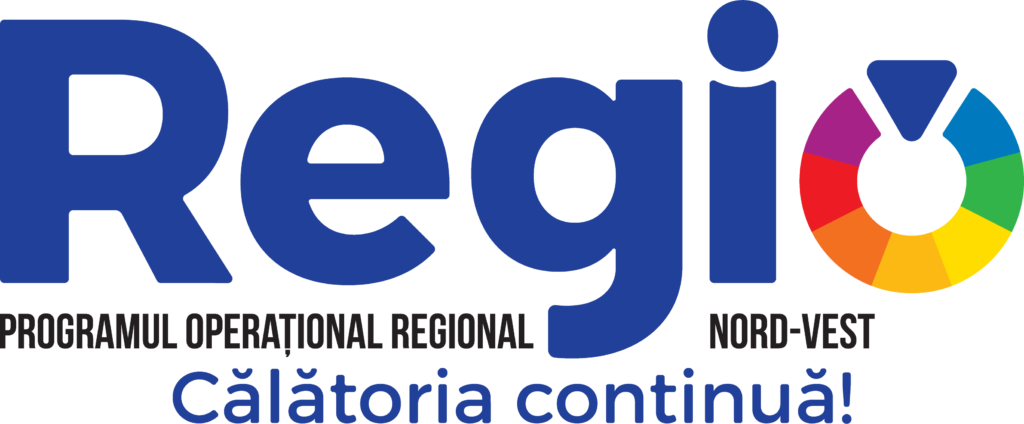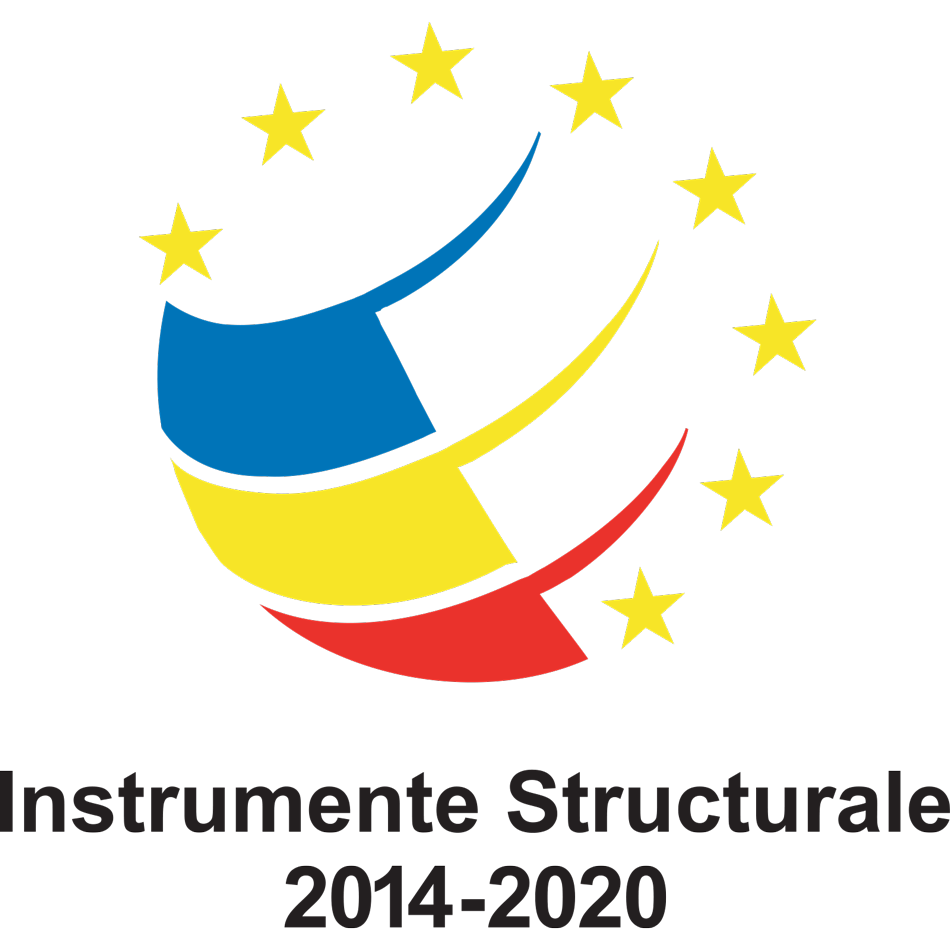The Government of Romania adopted Emergency Ordinance no. 88/2020 regarding the establishment of measures, as well as financial support, for the preparation of the portfolio of projects in strategic areas considered priority for the programming period 2021-2027, intended for financing through the Technical Assistance Operational Program 2014-2020 (POAT 2014-2020) and Large Infrastructure Operational Program 2014-2020 (POIM).
The financial support will be granted for elaboration of technical-economic documentation necessary for the preparation of priority infrastructure projects, financeable from European funds granted to Romania in the 2021-2027 programming period, within the Cohesion Policy.
Considering the fact that the eligibility of expenses in the 2021-2027 programming period begins on January 1, 2021, but also the fact that infrastructure projects require periods of time of approximately 1-2 years for the preparation and elaboration of the technical-economic documentation, it was necessary to create the legal framework for the preparation of a portfolio of priority projects, which would ensure the absorption of the European funds allocated to Romania during the future programming period.
Within this approach, financial support is granted administrative-territorial units (municipalities, cities, counties, partnerships between them, inter-community development associations) for the elaboration of the technical-economic documentation related to strategic priority projects aimed at the following areas:
a) Transport and intermodal transport;
b) Water – waste water;
c) Waste management;
d) Urban mobility;
e) Urban regeneration;
f) Road infrastructure of county interest;
g) Leisure centers / Tourist bases (school camps);
h) Infrastructure and public tourism services, including heritage objectives;
and administrative-territorial units in partnership with universities, research institutes, NGOs, other public or private research-development-innovation entities, SMEs, or partnerships between universities, research institutes, NGOs, other public or private research-development-innovation entities, SMEs, for projects in the field of:
i) Smart specialization.
The technical-economic documents for which financial support is granted are: the feasibility study or the approval documentation of the intervention works; project for authorizing/discontinuing the execution of works; the technical execution project.
Depending on the type of projects, financial support will also be granted for documentation such as: business plan, marketing study, opportunity study, geotechnical studies, studies for obtaining environmental agreements/permits, archaeological studies, hydrological studies, topographical studies, cadastral documentation, as well as any other categories of studies and documentation for obtaining permits/ authorizations that are necessary for the implementation of the projects.
According to the type of field targeted by the projects, funding will be granted depending on ACHIEVING all financing conditions mentioned in the emergency ordinance.
For projects aimed at: Transport and intermodal transport, Water – waste water, Waste management, potential beneficiaries conclude financing contracts with AM POIM/Intermediary Transport Organism.
For projects aimed at: Urban mobility, Urban regeneration, Road infrastructure of county interest, Leisure centers / Tourist bases (school camps), Public tourism infrastructure and services, including heritage objectives and Intelligent Specialization, Agency for Regional Development conclude with Management Authority for POAT 2014-2020 contracts for project financing, and with the beneficiaries of financial support from each region partnership agreements / contracts for granting financial support, based on a project sheet selection process organized at regional level.
Beneficiaries of the financial support granted under the conditions of the emergency ordinance they have the obligation to submit financing applications for the projects for which the technical-economic documentation was prepared within the project calls from the 2021-2027 programming period, under the conditions provided by the applicant's guidelines.
